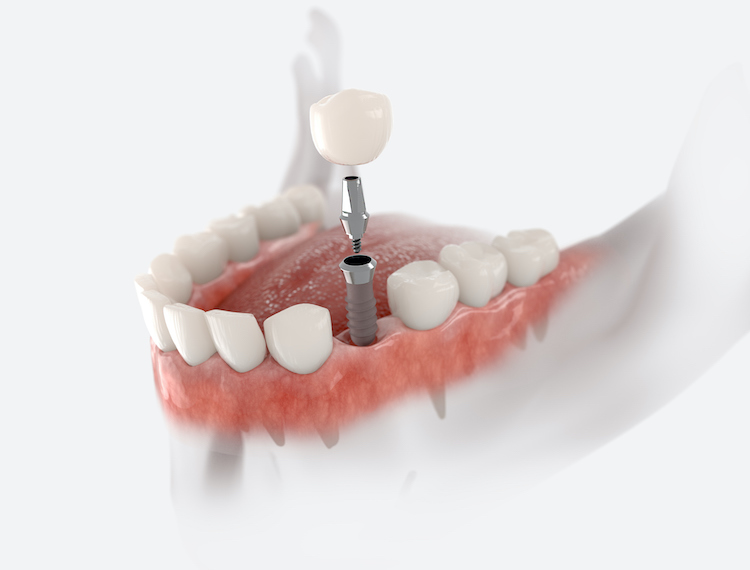Getting a dental implant is a significant step toward restoring your smile and oral health. While the procedure itself is typically straightforward and performed with precision by dental professionals, what you do afterward plays a crucial role in the healing process and long-term success of the implant. Proper aftercare helps prevent complications and supports dental implant integration with your jawbone.
The First 24 Hours: Managing Discomfort and Swelling
Immediately after the procedure, your mouth will likely feel sore and slightly swollen. This is a normal part of the healing process. Your dentist may recommend over-the-counter pain relief or prescribe medication to ease discomfort. Applying a cold compress to your cheek can help reduce swelling. It’s also important to rest and avoid strenuous activities during this initial recovery window. To protect the surgical site, you should refrain from rinsing vigorously, spitting forcefully, or using straws, as these actions can dislodge the blood clot and interfere with healing.
Eating and Drinking
In the days following the implant surgery, stick to soft foods that don’t require much chewing. Soups, smoothies, mashed potatoes, and yogurt are gentle on the healing site and won’t irritate the area. Avoid foods that are hard, crunchy, or sticky, as they can damage the implant or surrounding tissue. It’s also best to avoid very hot or spicy foods, which might cause discomfort or delay healing. Staying hydrated is essential, but be sure to drink water slowly and without using a straw.
Oral Hygiene
Maintaining oral hygiene is critical after getting a dental implant, but it must be done gently and with care. Continue brushing your teeth twice a day, but avoid the surgical site for the first couple of days. After that, you can begin cleaning the area carefully using a soft-bristled toothbrush. Your dentist may recommend a special mouth rinse or saltwater solution to help keep the area clean and reduce bacteria without causing irritation. Flossing should also resume as soon as you’re comfortable, though you may need to use a special floss or interdental brush around the implant.
Monitoring Healing
Some bleeding, swelling, and discomfort are to be expected, but they should gradually diminish within a few days. If you experience severe pain, prolonged bleeding, or signs of infection such as fever, pus, or unusual swelling, contact your dentist immediately. It’s also important to watch for mobility in the implant itself; a properly placed implant should not move. Regular checkups will allow your dentist to monitor the healing process and ensure the implant is integrating properly with your jawbone.
Long-Term Care
Even after your implant has fully healed, ongoing care is essential. Treat your implant like a natural tooth. Brush and floss daily, and see your dentist regularly for cleanings and exams. If you grind your teeth at night, ask your dentist about a night guard to prevent undue pressure on the implant. Smoking can hinder healing and increase the risk of implant failure, so quitting is highly recommended if you haven’t already. With proper care, a dental implant can last many years, often a lifetime, making the effort well worth it.
Dental Implant Restoration in Palmdale, CA
If you have tooth loss, your oral health could be at risk. At Premier Dental Care, we are committed to helping you restore your bite and smile. Contact us today to schedule a consultation and learn more about the dental implant process.

